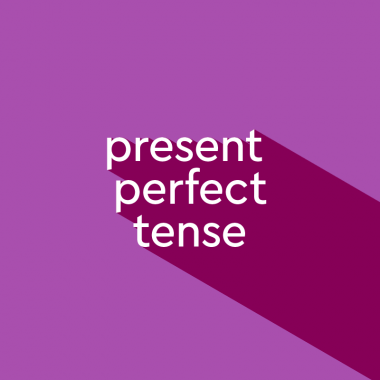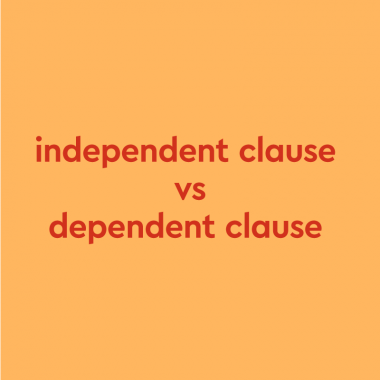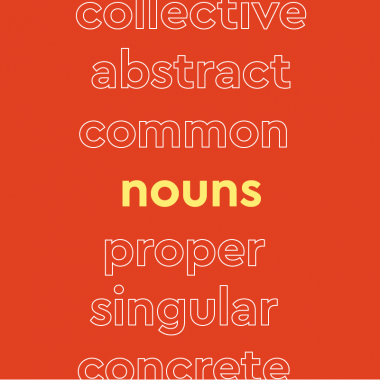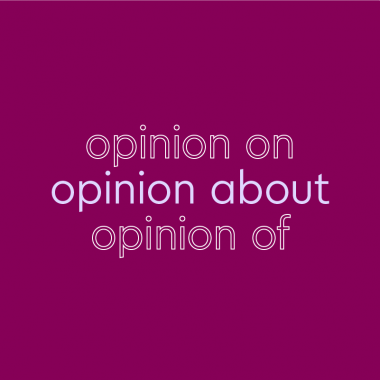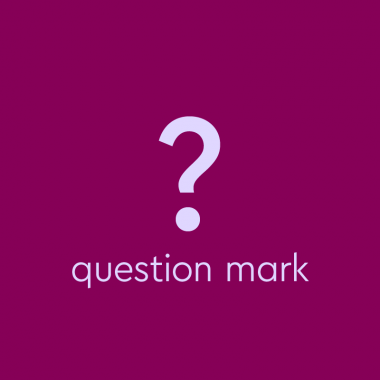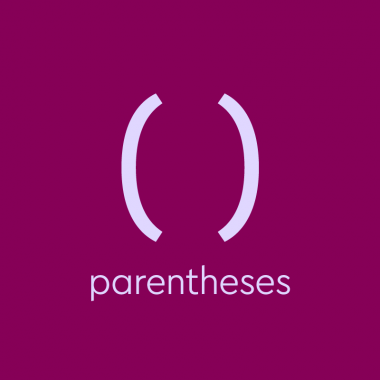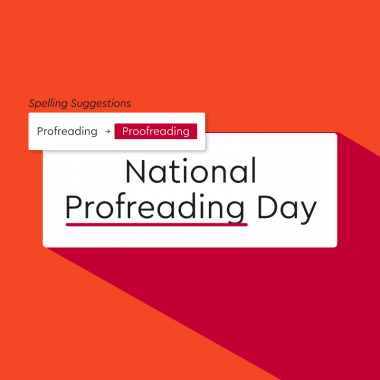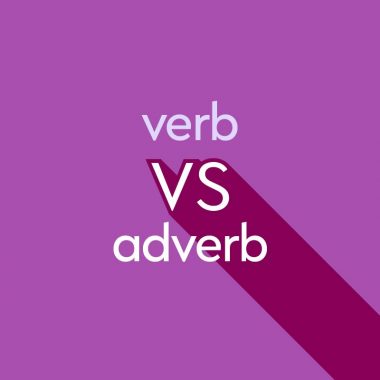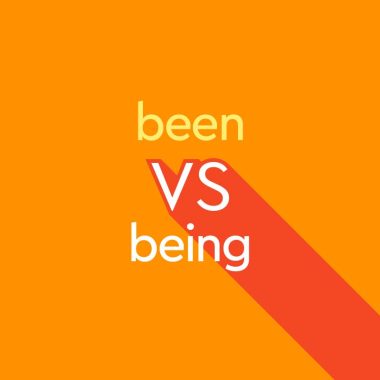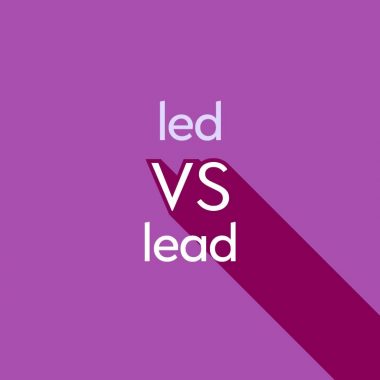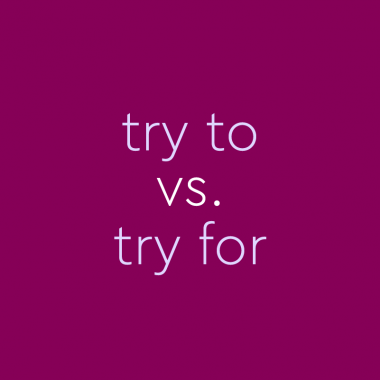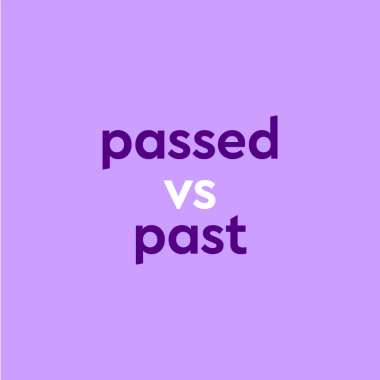Present Perfect Tense: Rules And Examples
Meet Sam. Here are some neat facts about Sam: Sam has performed in a rock band. Sam has met two American presidents. Sam’s mother has won the lottery twice. Not only are all these facts pretty cool, but they all use a special bit of grammar to connect the past with the present. All of these sentences use verbs in the present perfect tense. Let’s …
